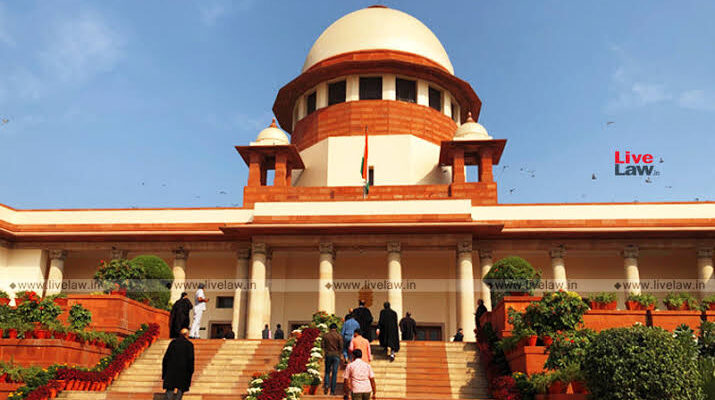From Our Bureau
NEW DELHI: The Supreme Court on Wednesday asked the Centre to respond by the end of this week to petitions challenging the constitutional validity of the law on sedition under Section 124A of the Indian Penal Code (IPC).
A Bench led by Chief Justice of India NV Ramana asked the petitioners, including PUCL, to file their rejoinders to the Centre’s affidavit by May 3 and posted the matter for final disposal from May 5 without adjournments.
The Bench, which also comprised Justices Krishna Murari and Ms Hima Kohli, gave time to the Centre to file its affidavit after Solicitor General Tushar Mehta said the government’s response was ready and only two days were needed for vetting and filing it.
He told the Court that he was representing the Centre while K K Venugopal will be appearing in his capacity as the attorney general since he has been separately issued notice by the court.
In July last year, the CJI had asked the Attorney General to clarify if this law was still needed after 75 years of independence. The sedition law was used by the British against Mahatma Gandhi, Bal Gangadhar Tilak and was now being misused with no accountability by the government, he had noted.
“The government has repealed a number of laws…I don’t know why aren’t you looking into it,” the CJI had asked.
Section 124-A says a person commits the crime of sedition, if he/she brings or attempts to bring in hatred or contempt, or excites or attempts to excite disaffection towards, the government established by law in India. It can be by words, either spoken or written, or by signs, or by visible representation, or otherwise. It prescribes the maximum punishment of life imprisonment.
The law on sedition was not there in the original IPC which came into force in 1862. It was added to the Code in 1870 and its ambit was expanded in 1898 with a view to crushing the freedom movement.
The Supreme Court had in 1962 upheld the validity of Section 124-A of the IPC in Kedar Nath Singh versus State of Bihar by reading down the provision.




